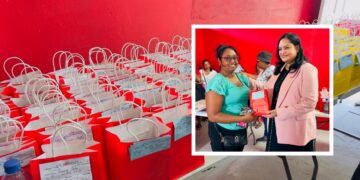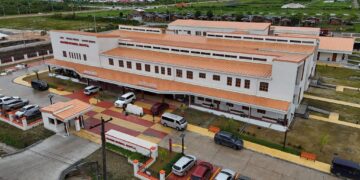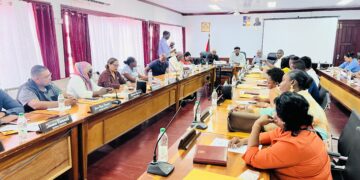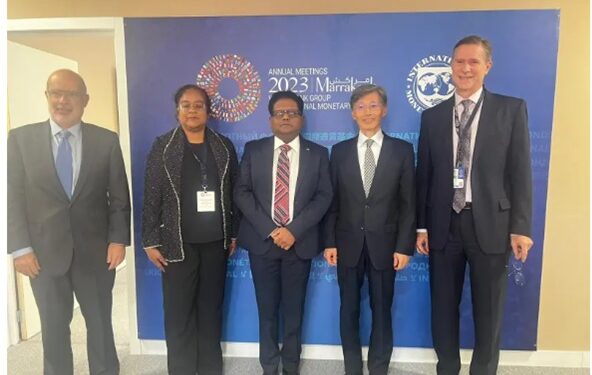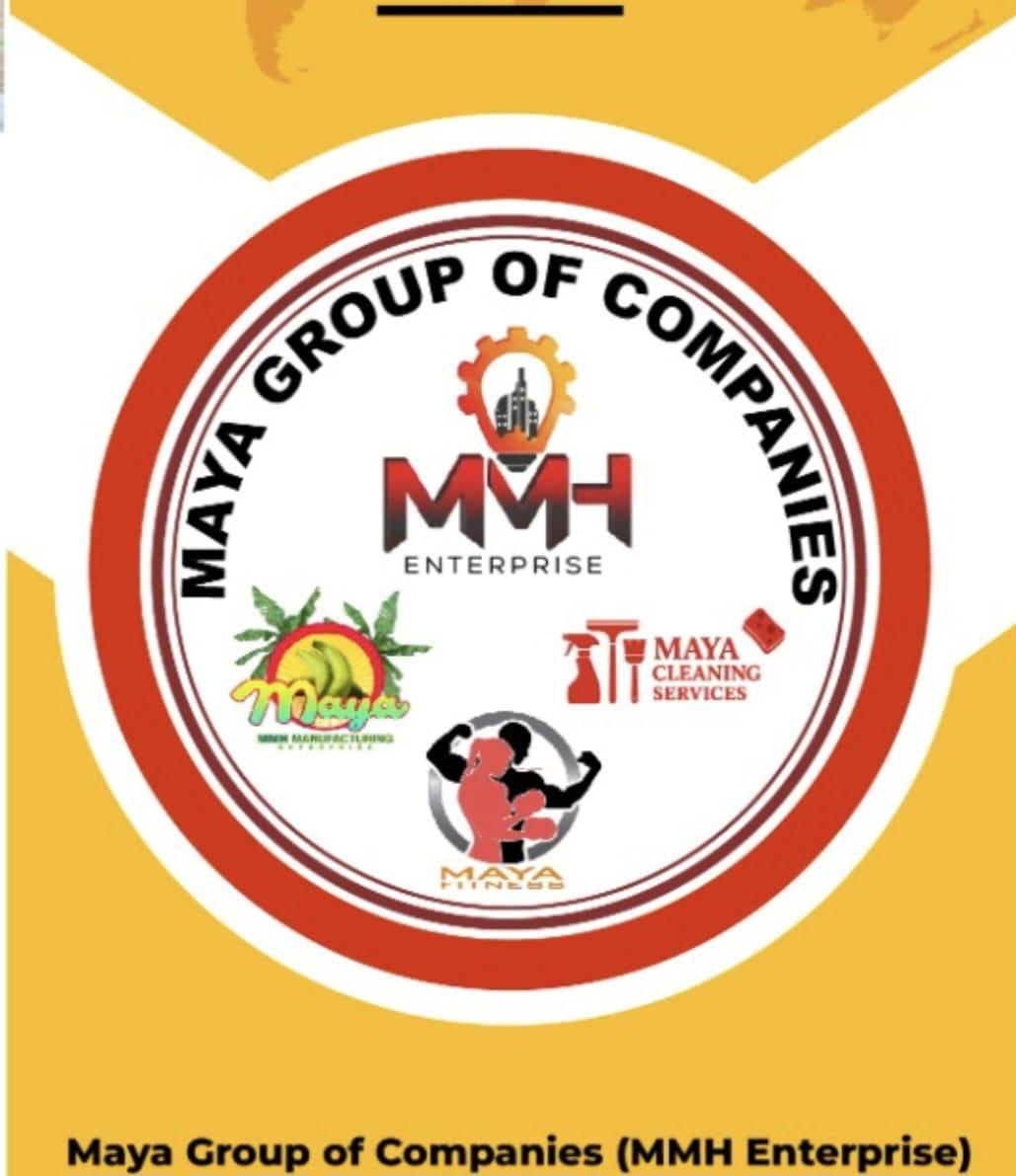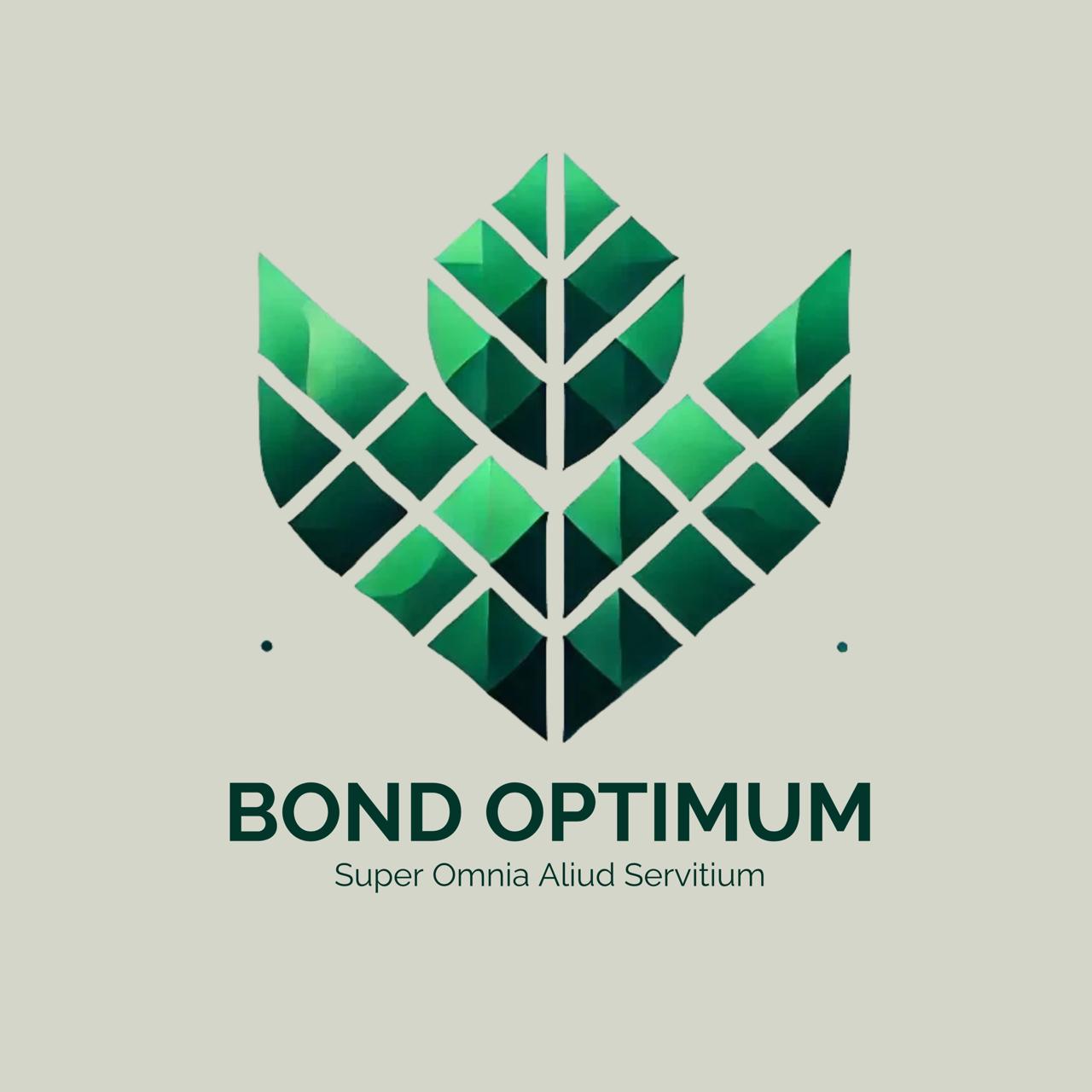During the IMF and World Bank Annual 2023 Meetings in Marrakesh, Morocco, Senior Finance Minister Dr. Ashni Singh reaffirmed Guyana’s dedication to prudent and sustainable economic management in a meeting with IMF’s Deputy Managing Director (DMD) Mr. Kenji Okamura.
Dr. Singh highlighted Guyana’s impressive economic performance, with an average annual real economic growth rate of over 40 percent in the last three years, and medium-term growth projections of more than 20 percent annually. Mr. Okamura acknowledged Guyana’s strong economic performance and sound economic policy agenda.
According to the IMF’s Regional Economic Outlook Report for the Western Hemisphere, Guyana is expected to achieve a remarkable 38.4 percent real Gross Domestic Product (GDP) growth rate this year, with continued growth of approximately 26.6 percent anticipated in 2024. The report also noted that Guyana is the only country expected to achieve double-digit growth.
Dr. Singh emphasized that Guyana’s economic transformation is exceptional and has few historical precedents. He pointed out that Guyana has come a long way from being one of the most heavily indebted poor countries in the world, with a debt-to-GDP ratio exceeding 600 percent and debt service to revenue exceeding 100 percent.
He highlighted the sustained efforts of the current administration to transition the economy from one dominated by government and state activity to an economy driven by private investment, both foreign and domestic. This shift involves increased openness to external trade and a competitive private sector domestically, creating conditions to attract international investors.
Dr. Singh also mentioned Guyana’s Low Carbon Development Strategy (LCDS), emphasizing that the country is now selling carbon credits globally and has received jurisdiction-scale certification of its forests. The government’s intention is to continue managing the economy in a prudent and sustainable manner and create a diversified non-oil economy.
Guyana’s strategy includes investing in infrastructure to improve connectivity with neighboring countries, expanding the economic space, and promoting economic integration through initiatives such as road construction to Brazil and a bridge to Suriname. Additionally, Guyana is advancing the Caribbean Economic Integration agenda under the Caribbean Community (CARICOM) and fast-tracking initiatives for economic integration, especially in areas like food security, where Guyana has a comparative advantage in agriculture.
The IMF and World Bank Group’s 2023 Meetings concluded, offering insights into Guyana’s commitment to its economic growth and sustainability.









